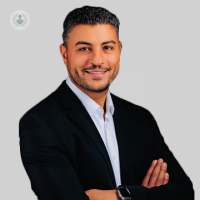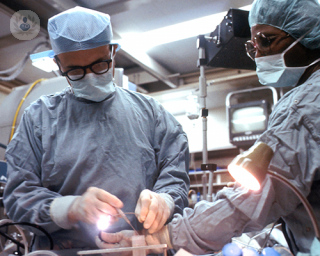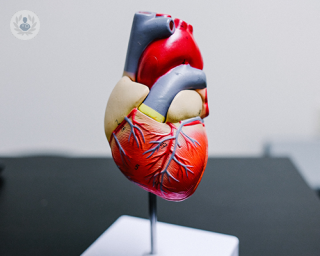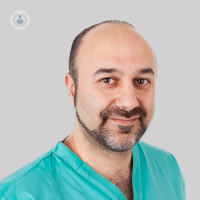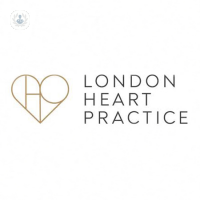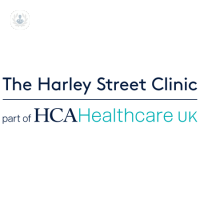TAVI (transcatheter aortic valve implantation)
What is TAVI?
Transcatheter aortic valve implantation (TAVI), which is known as transcatheter aortic valve replacement or TAVR in the USA, is a modern innovative technique to treat aortic valve disease. Compared to open heart surgery for aortic valve replacement, it is a much less invasive procedure with quicker operative and recovery time.
A specially designed aortic valve is delivered through a catheter placed in the femoral artery (thigh artery), subclavian artery (an artery that runs beneath your collar bone), or directly through the heart. Under x-ray guidance, the new valve is expanded open within the diseased valve.

Why is TAVI performed?
The aortic valve is a valve that sits between the heart and the rest of the body. It serves to open wide when the heart contracts, to allow the blood out of the heart, and closes when the heart relaxes to prevent blood going back into the heart. With the wear and tear of every heart beat and advanced age, the valve may stiffen and calcify, preventing it from opening well (aortic stenosis) or closing well (aortic regurgitation).
This problem may cause a strain on the heart and cause symptoms such as shortness of breath or chest pain. At a certain point, an intervention is required to improve symptoms and improve life expectancy.
TAVI is particularly suitable for patients who would not be fit enough to undergo open-heart surgery, such as the elderly, or those with additional health concerns, such as liver disease or chronic obstructive pulmonary diseases (COPD).
Preparation for TAVI surgery
You will undergo some investigations to accurately assess how diseased your valve is and how strong your heart is. It is also important to exclude other valve problems and coronary heart disease.
You will undergo a CT scan of your whole aorta to determine your suitability for the procedure.
Your TAVI specialist will explain the procedure, the pros and cons, hospital stay length, and expected recovery.
